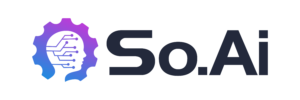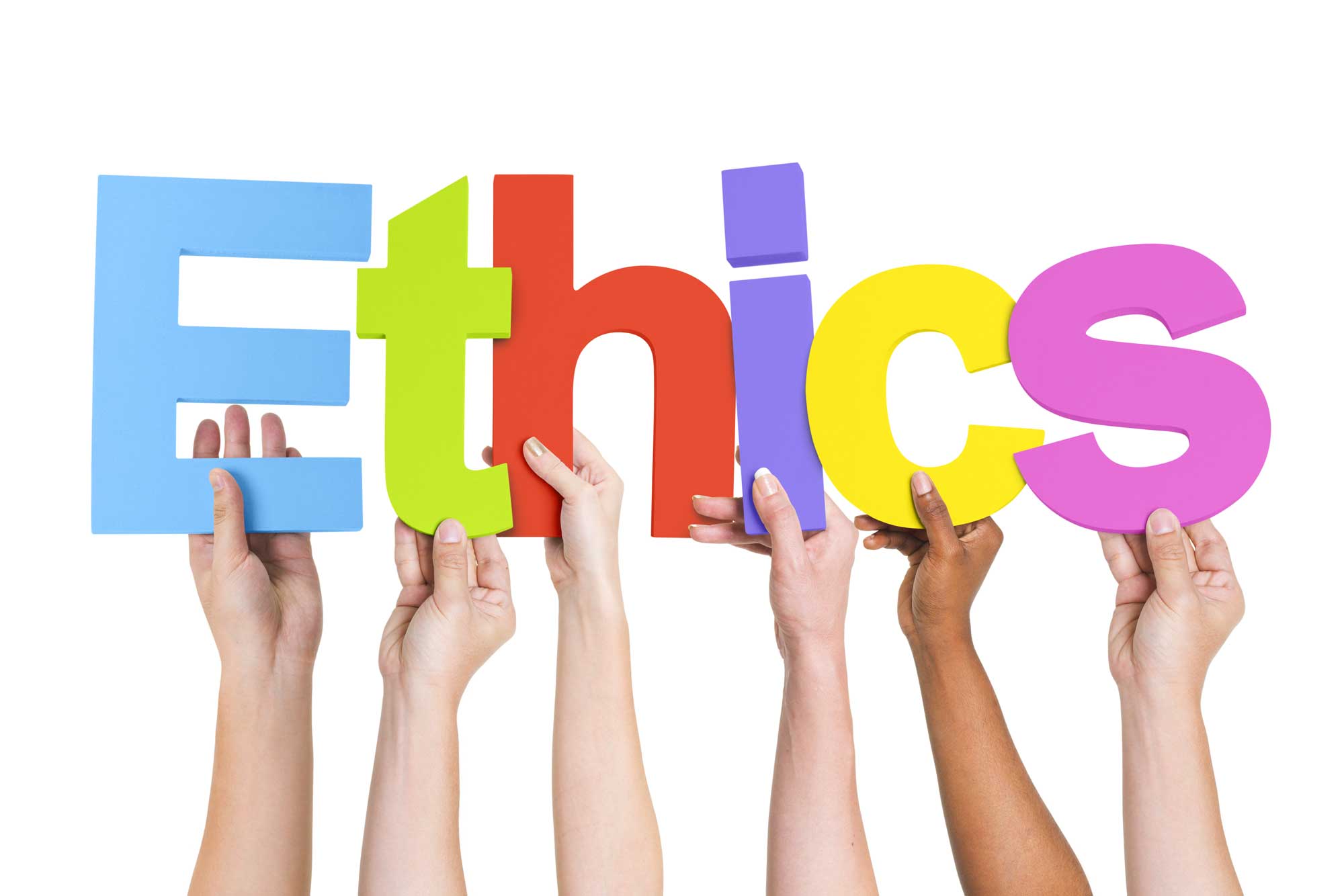Artificial Intelligence is often considered a transformative technology that will enable incredible innovation and insights. If the true promise of AI is realized, it will transform society in a very positive way. However, AI is still (for now) created and deployed by humans and is susceptible to many of the same biases that human decision makers exhibit. These human biases, intentional or inadvertent, can creep in at every phase of the AI development and deployment process.
The increased use of artificial intelligence (AI) is transforming society. Public and private organizations, nonprofits and for-profits alike are adopting AI as part of their internal and customer-facing processes. As AI becomes more and more pervasive, how can an organization that strives for ethical behavior ensure that they are responsible users of the technology?


